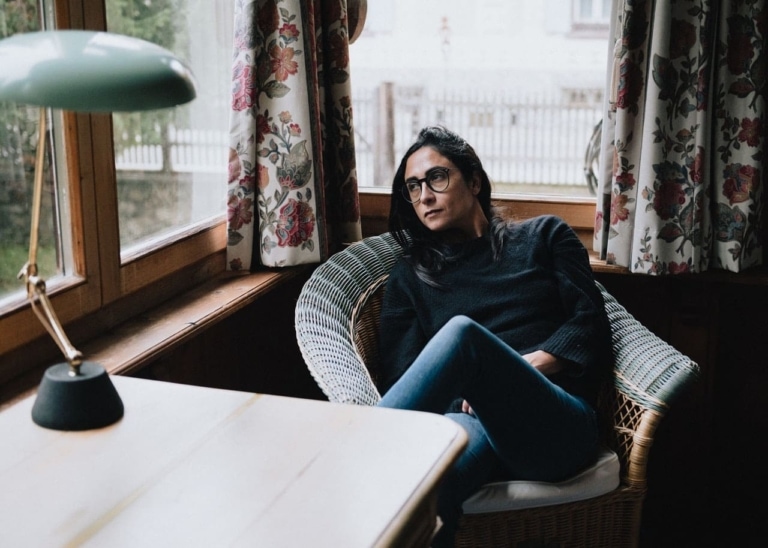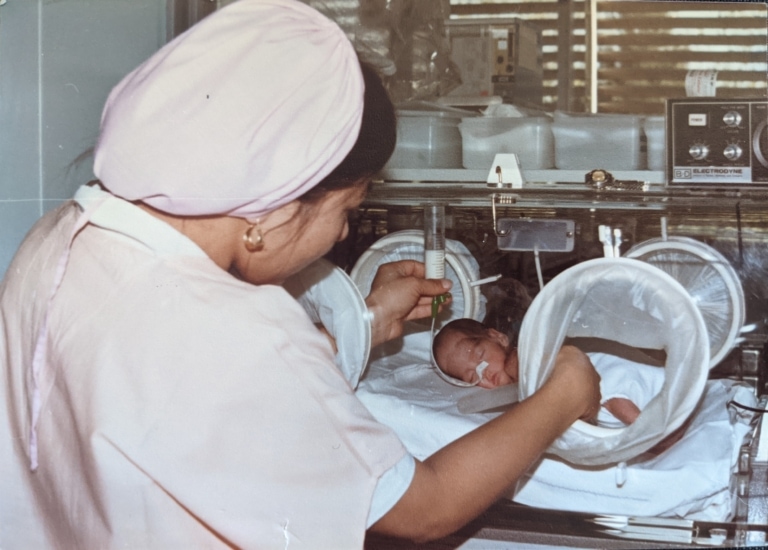I was diagnosed with depression when I was 13 years old, despite having loving parents and a good net of support around me.
According to the WHO, ‘Depression is a common mental disorder. Globally, more than 264 million people of all ages suffer from depression’.
Months after starting a psychological treatment I had a control with the paediatrician. I have always been small framed, being born prematurely and weighing only 1.2kg. It was my nature, I was small but healthy. Now it was different. Anorexia was knocking at my door.
The battle started, depression and anorexia. Years of therapy, medication, and even hospitalisation followed.
I was told I had to be on antidepressants my whole life. I always rebelled against this, as they made me feel numb; I felt I could never be happy, never be sad, living in a weird state of “emotional blindness”, but every time I left them I went crashing down again. Unable to give space to or to “hold ” the sadness, I was being advised to fight it or be numb to everything.
I am happy to say that I have been antidepressant free for 10 years. It took years of work and I have been through rough times since I left them without the need to take them back. Please don’t misunderstand me, medication is definitely necessary and of course helpful and the only way sometimes, but I did not want to live like that and luckily it was possible for me to do so.
I still remember a day when I could not stop crying over a concert I was watching. The concert was to fight poverty and hunger in Latin America. From the outside, it looked like I was crying about this social inequity, but no, I was crying because of my own struggle, drowning in my self-pity, feeling my own guilt. I was an all too obvious victim of self-centeredness and self-pity, which I think is a very common by-product of depression. Of course, I was not aware of this mental game and if I had, I would have probably felt worse. I did not know very much about kindness or compassion back then. My tears, even if they were a sea, were not going to help those who were struggling with poverty or hunger in the region. Neither were those tears helping me.
It was during this period that I got to know yoga. In her desperation to help me, my Mum took me to my first yoga class and what can I say? I still remember that “Aha Moment ”. Do not get me wrong, it was not an immediate change, it was not magic and it did not instantaneously fix everything or even a part of my struggles, but it ignited something, and to use a maybe overused cliche, it planted a seed. It still took hard work, dedication, study, practice, acceptance and many years to see the benefits. Even now, I still battle with my mind at times if I do not stay aware of certain patterns in my head.
In The Art of Living, Thich Nhat Hanh invites us to embrace our suffering (something that I resisted for so many years) and explains that “handling our suffering is an art”, a balancing act. A depressive state of mind, even when not pleasant, feels in a way very secure to me; I know how to navigate it, even how to somehow manage with it. But this is a double-edged sword. I have to be very careful not to overindulge in sadness and self-pity. I got to know myself and even identified myself with these emotions for way too long and slipping back into this familiarity would be very easy and, dare I say it, comfortable. For me, there is a very delicate balancing point between accepting and handling suffering and overindulging in suffering, letting it engulf you completely. I can see why he calls this balancing act an art. It is something that I have been/am definitely a participant in.
Not only do inner struggles help to tip us one way or another, it is very easy to allow the outside world to unbalance us. Especially in these times, it is quite easy to get sad about the world today. I could choose not to read the news, to ignore everything that I do not want to read or hear. However, I live on this planet and I want to be an active member of it. I want to be able to engage with the world as the best version of myself, so I can contribute to find happiness and freedom not only for me but for all, even if only a tiny amount. Because of that, I cannot close my eyes or numb myself to the world and its shadows.
So, how do we balance ourselves when the world around us appears to want to tip us in one direction? How do we see negativity both near and far and at the same time keep our own inner balance in equilibrium? Here are some ideas on what to do when the world hurts, when you hurt, when all seems to hurt and you just need some balance:
Practice gratitude.
If you are able to notice the suffering, the chances are high that you are outside the heart of the storm and you are probably observing from the outside. For that, be grateful and if possible…
Practice kindness.
Be kind to all the ones around you, with those close to you, with strangers, with everyone, regardless of who they are. We are not perfect, but we can at least try our best. As my stepfather will say: if you don’t have anything good to say, better not say anything at all. This could be allowing yourself to stay quiet rather saying something hurtful when you are entangled in a rather unkind moment with a loved one.
Practice joy.
Despite being able to notice suffering, we are also able to recognise and experience joy. We should not feel guilty about this. Give joy space and experience it fully.
For everything there is a season,
and a time for every matter under heaven:
a time to weep, and a time to laugh. (Extract from Ecclesiastes 3:1-8)
Keep practicing.
If you are in the middle of the storm and still able to notice where you are and your position within it, your practice is showing progress and for that, be grateful. You are for sure patient and committed and it is just a question of time and space.
Practice Taking a Pause.
The events that trigger our sensory and physical responses in a certain pattern usually take a very short time. If possible, practice pausing, and take a moment to decide which way you react. And even if you decide to react in the same pattern, you have made the decision to do so and this is already a change. You are being responsible for your actions rather than a slave to your reactions.
Practice Compassion.
If your reactions are unskilful, hurtful to you or/and to others or the reaction of the others involved is unskilled or hurtful, be compassionate towards yourself. It is the only way to break the cycle.
Practice Humour.
Laugh about and at yourself. I have found this extremely helpful in life and within my own practice. It is hilarious to watch how fast we lose our serious “yogi” state, and it can be much better to take our practice in a lighter context sometimes.
Switch the focus.
If you are in the heart of the storm but there is no way you can find gratitude within it, practise gratitude about the fact that you are able to feel. I know the feelings might hurt but they are still feelings after all. Maybe you would rather be a stone (as I used to say I felt like) with no feelings, no emotions. I have experienced this numbness and believe that being able to feel is a gift. Embrace it.
If you are noticing the suffering of the world and it makes you feel guilty about your own struggle, practice kindness and compassion towards yourself. Give yourself a hug.
If you are naturally dragged into suffering, notice often how rejecting it becomes more exhausting and how we can embrace instead.
And remember “handling our suffering is an art”. Mastering an art requires a lot of patience and time. Maybe longer than we will be here. In the meantime, we are just doing the best we can.
May all beings be happy, may all beings be healthy, may all beings be safe, may all beings be free of suffering. May all beings experience loving kindness.


